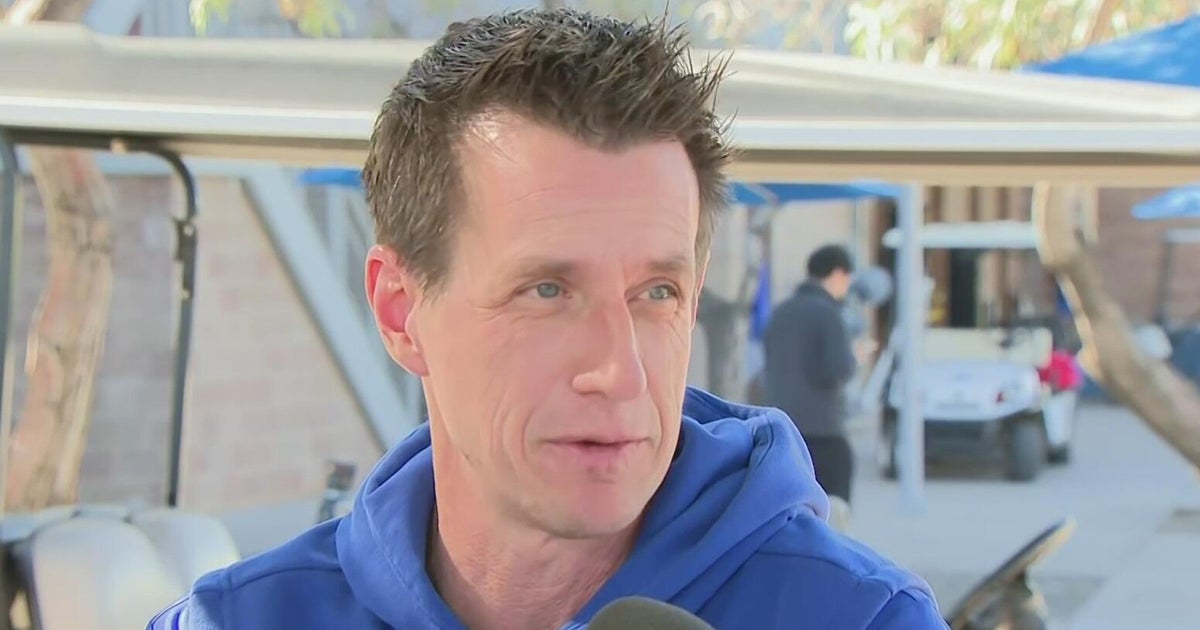Why are mortgage rates so high? Here's what experts say
High mortgage rates have been the reality for homebuyers for some time now. As of July 19, 2023, average mortgage rates are 6.87% for 15-year mortgages and 7.07% for 30-year mortgages, according to Bankrate. That's the highest they've been this year.
How did we get here — and where might we expect rates to go moving forward? We asked some experts for their take.
Are you in the market for a mortgage? Not sure what rate you'd qualify for? Find out what today's mortgage rates are here now.
Why are mortgage rates so high? Here's what experts say
The experts we spoke with pointed to three major reasons mortgage rates are as high as they are currently.
Inflation
Persistent inflation has plagued consumers for the past year and then some. And in addition to raising prices and lowering the dollar's purchasing power, it's driven mortgage rates to new heights. Inflation makes it more expensive for banks to lend out money, so they raise mortgage rates to help recoup some of their costs.
"The main reason mortgage rates are so high (and may go higher) is due to the increased inflation we have seen in the economy in recent years," says Craig Toberman, CFA, CPA, CFP, Founder of Toberman Wealth. "To fight inflation, the Federal Reserve must raise short-term interest rates to try to cool down the economy. This increase in short-term rates, and the threat of rates staying higher for longer, causes longer-term rates like mortgages to also rise."
Explore your mortgage options online now to learn more.
Mortgage-backed securities
"Mortgage rates, especially 30-year fixed-rate mortgages, are directly impacted by the purchasing of mortgage-backed securities (MBS)," says Darren Tooley, senior loan officer at Cornerstone Financial Services.
He continues, "MBS are bought and sold on the bond market just like stocks, and like stocks, the price goes up or down throughout the business day as they are either bought or sold off. The more MBS purchased, the price goes up, and as the price goes up, that will cause mortgage rates to go down."
MBS are secured by a pool of mortgages purchased from the bank that issued them. When the housing market is down, these securities become less attractive.
"Mortgage rates are currently so high because investors' demand for mortgage-backed bonds is currently low. Investors are scared to invest in mortgage-related bonds because of recession fears," says Alvin Carlos, CFP, CFA, financial planner and managing partner at District Capital Management.
Treasury yields
The last big piece of the puzzle is the Treasury yield, or the annual return investors stand to earn if they purchase Treasury securities (debt obligations issued by the U.S. government).
"Mortgage rates are heavily influenced by the 10-year treasury yield," says Carlos. "The higher the rates for the 10-year treasury yield, the higher the mortgage rates. The 10-year treasury yield has climbed steeply from 0.54% in July 2020 to about 3.8% today."
While "the spread between the 10-year treasury yield and the 30-year fixed mortgage rate has historically averaged about 1.70%," Carlos says, "the spread is currently higher than this because the Federal Reserve remains hawkish on fighting inflation, driving rates up."
Compare today's top mortgage offerings here.
The bottom line
As for where mortgage rates are headed, experts we recently spoke with agreed we're likely reaching the peak. While rates may go a bit higher in the near future, there's a good chance they'll start to decrease in the second half of 2023 and the beginning of 2024.
"On the bright side, we have seen rates drop a quarter of a point in the last week on the heels of the June CPI report showing inflation continuing to cool," says Peter Idziak, senior associate at Polunsky Beitel Green. "If inflation continues to cool — or at least remain steady — over the second half of the year, we should hopefully see rates drop down into a range between 5% and 6% in the next 12 months as the Fed ends its rate raises and the spread between 10-year treasuries and mortgage bonds returns to its historical average."
And while rates remain high, there are some things prospective homebuyers can do, including making a larger down payment and buying now but considering a refinance later. Also, be sure to do your research and compare multiple mortgage products to get the best rate possible in today's rate environment.




